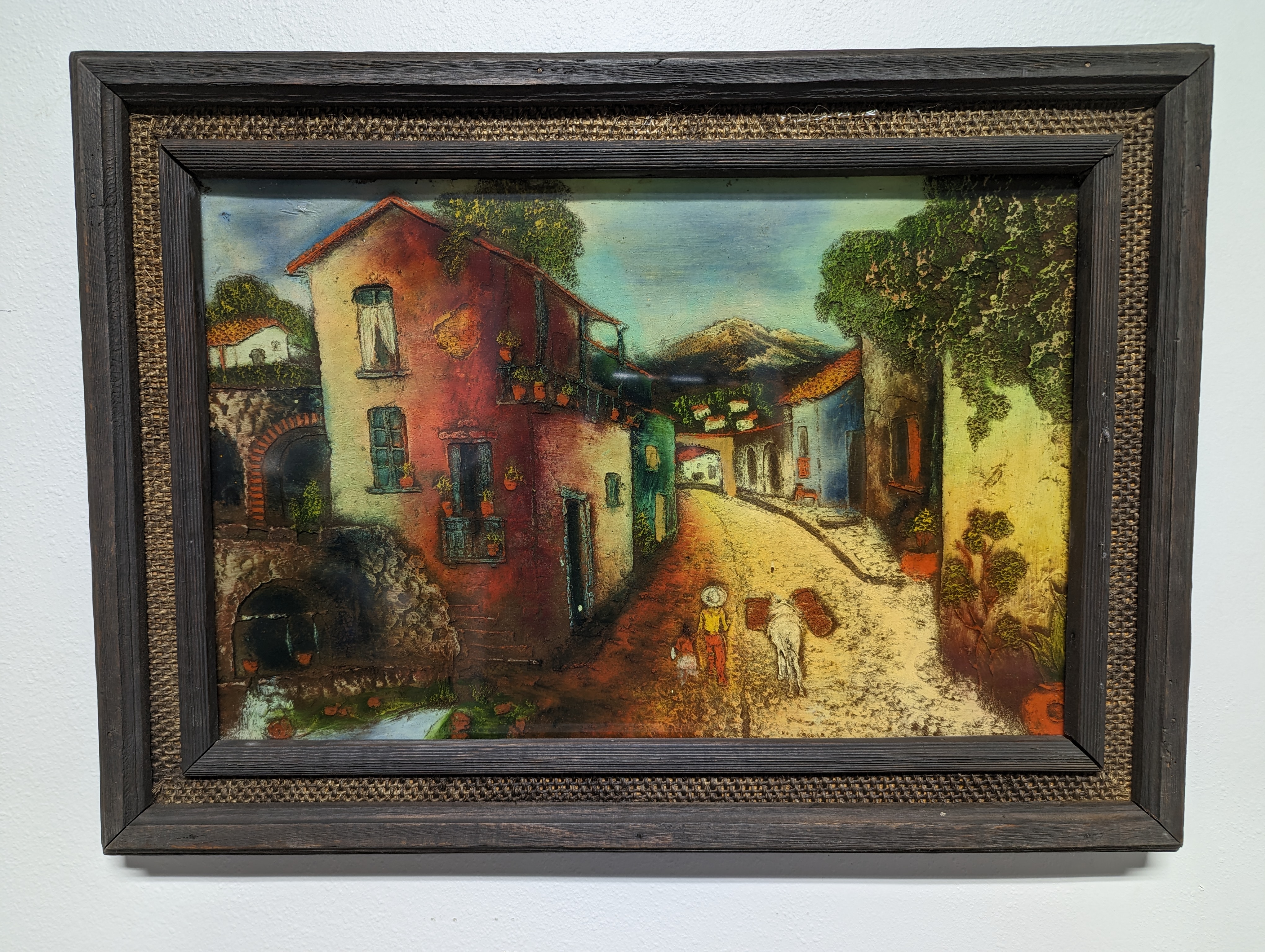
This article took a long time to write because this is a very difficult topic to write succinctly. But here it goes. What seems on the surface a straightforward thing to do soon turns into a host of emotional ups and downs that make us want to shove the whole collection back into the closet and file the project away for another day.
There really is no one answer for “when to sell.” All we are trying to do is share some common sense about when to leave collections as part of an estate to your heirs, or to sell the collection as part of an overall financial plan.
In my experience talking to collectors, it really feels like the default of most people is to “leave it to my heirs.” And while this always seems to be said with genuine affection, I cannot seem to shake the feeling that it’s really because this is the easiest choice for them. It’s basically a strategy of doing nothing and letting your heirs figure it out. I mean your heirs are the ones that are going to enjoy that wealth, so they won’t mind having to sell it when and if they must, right?
Except one thing. Selling a collection of any size is work. There are way too many people out there that are ready and willing to write your heirs a check that will sound like a lot of money to your heirs but will not be anywhere near what someone with knowledge of the collection would have received. It takes years to learn the dynamics of any collecting marketplace. And subjecting anyone to that, especially those that have no interest in those collectibles as a hobby, can and does lead to a lot of challenges that could best have bene avoided. So here are some suggestions based on nothing but my observations. I am not a financial advisor, nor do I play one on TV.
If you have not actively added to your collection in 5 to 7 years. Let’s face it, if you have not added to it, or are keeping up actively in the market, it may mean it does not mean as much to you as it once did so It may make sense to start thinking about selling it.
If you have inherited it, and no one in the family has any interest in it. It is not always true that the longer a collection sits the more it’s worth. Silver had its last all-time high in the 1980’s. We have all been waiting since then for Silver to get back to that all-time high. Today, it is only about half. There is also storage. Improperly stored items can go down in value because of environmental damage or loss.
If the items are not securely stored and or insured. We have been in this business for a long time and the list of “stolen collections” is a long one. Be sure to check your insurance policy. Many times, your collection may not be insured by your homeowner’s insurance as you would expect. You do not want to find out the hard way that the collection was not covered against theft/fire etc.
If there is a real family emergency. I cannot tell you how many times selling a collection has really helped a family in need. Those that left this stuff did so because they wanted you to have the same feeling of security that comes with owning physical assets, they had purchased for just this reason. It’s never wrong to sell assets during hardship.
I know that this is some tough stuff to figure out, and like I said there are no perfect answers, but if I had to say it in one sentence. Never leave the collection to your heirs, sell it while you are alive and leave them the money instead. You know what it’s worth, for your heirs, they don’t so it all sounds like a lot.
